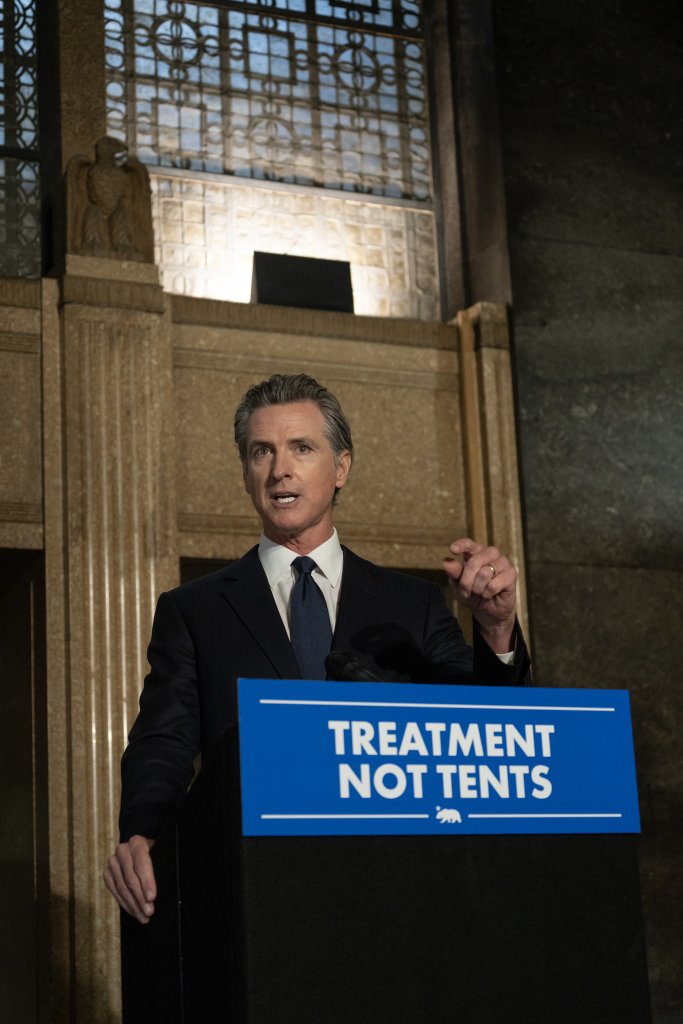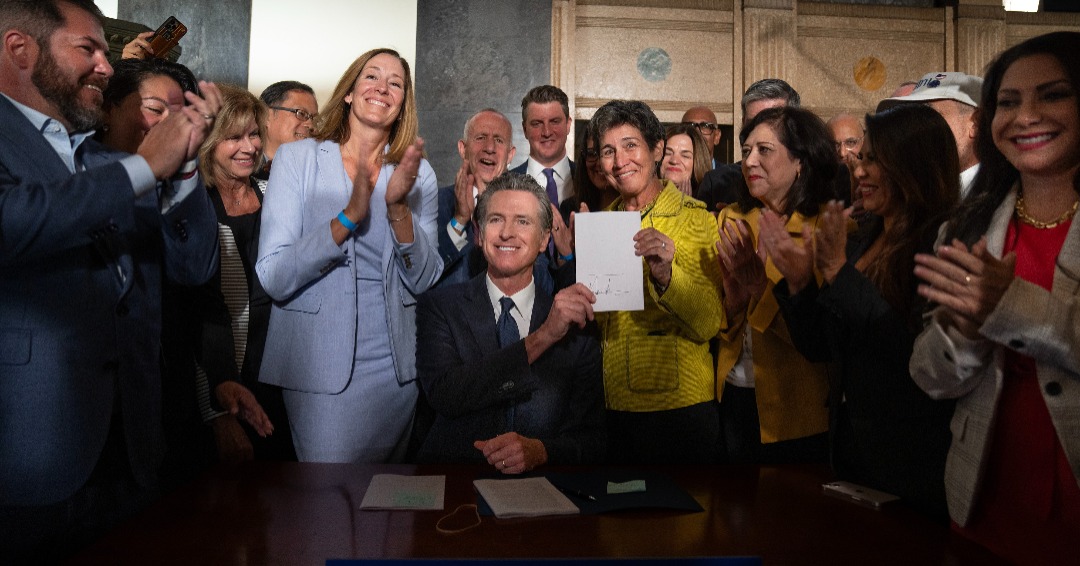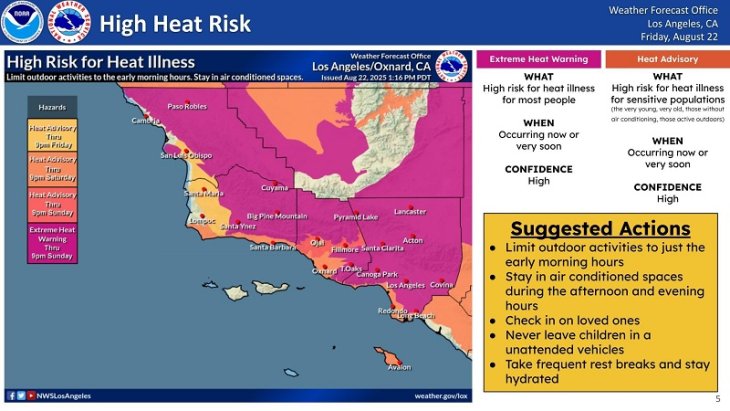Governor Newsom Signs Bills to Tackle Crisis with $6.38 Billion Investment
By Dolores Quintana
In a groundbreaking move poised to reshape the landscape of mental health care in California, Governor Gavin Newsom signed into law two significant bills aimed at overhauling the state’s mental health and substance use disorder treatment systems. This marks the first substantial transformation in decades, with the legislative package collectively known as Proposition 1 set to go before Californian voters on the March 2024 ballot.
The newly enacted laws include Senate Bill 326, sponsored by Senator Eggman (D – Stockton), which modernizes the Mental Health Services Act, and Assembly Bill 531, championed by Assemblymember Irwin (D – Thousand Oaks), featuring a $6.38 billion bond dedicated to constructing new behavioral health housing and treatment facilities statewide.
Governor Newsom, flanked by legislative and local leaders, families, advocates, veterans, and healthcare professionals, emphasized the monumental impact of these legislative reforms. The bills aim to refocus existing funds, amounting to $6.38 billion, to prioritize individuals with profound mental health needs, those living in encampments, and those grappling with severe substance use issues.
The $6.38 billion bond component of the legislation is earmarked for the creation of 11,150 new behavioral health beds, supportive housing units, and 26,700 outpatient treatment slots. This expansive capacity is expected to significantly address the critical needs of various demographics, ranging from homeless Californians with severe behavioral health issues to children battling depression.

Governor Newsom underscored the urgency of these reforms, stating, “These reforms, and this new investment in behavioral health housing, will help California make good on promises made decades ago.” The comprehensive approach is designed to facilitate the transition of individuals from the streets and tents into effective treatment.
The signing of Senate Bill 326 modernizes the Mental Health Services Act to align with the current behavioral health system and demand for services. The reforms extend services to encompass treatment for substance use disorders, prioritize care for those with severe mental illnesses, allocate ongoing resources for housing and workforce, and continue investments in prevention, early intervention, and innovative pilot programs. The bill introduces enhanced accountability measures to ensure tangible results for all families and communities.
Assembly Bill 531, on the other hand, allocates the $6.38 billion general obligation bond to fund the construction of 11,150 new treatment beds and supportive housing units, along with outpatient capacity. This historic investment represents the most significant expansion of California’s behavioral health treatment and residential settings to date, specifically addressing the needs of homeless individuals with behavioral health issues and veterans. The bond includes a $1 billion set aside for veterans’ housing.
In tandem with these transformative legislative actions, Governor Newsom announced the “California Mental Health Movement,” a comprehensive plan to address the mental health and substance use disorder crises affecting communities across the state. This multi-year initiative encompasses over $28 billion and focuses on four key pillars:
- Treatment and Housing for Those Who Need it Most: An investment of $10.9 billion to create approximately 24,800 beds/units and 45,800 outpatient treatment slots for Californians with behavioral health issues.
- Increasing Access to Mental Health Services for All: An allocation of over $10.1 billion to expand access to behavioral health services for all Californians, transforming Medi-Cal, and developing a plan to raise private and commercial health plans’ standards.
- Building our Health Care Workforce: A $5.1 billion investment, with an additional proposed $2.4 billion through reforms to the Mental Health Services Act, to train and support over 65,000 new healthcare workers in the next five years.
- Supporting and Serving Kids: An investment of $4.6 billion to support children through the Master Plan for Kids’ Mental Health, enhancing funding for student behavioral health services in California’s 10,000 public schools.
First Partner Jennifer Siebel Newsom expressed pride in the initiative, stating, “The mental health crisis – especially amongst youth – is the most significant public health concern of our time.” The “California Mental Health Movement” strives for a comprehensive, holistic approach centered on recognizing the humanity in each Californian. With this landmark legislation and ambitious multi-year plan, California takes a monumental step toward addressing mental health challenges and fostering a healthier future for all residents.

























